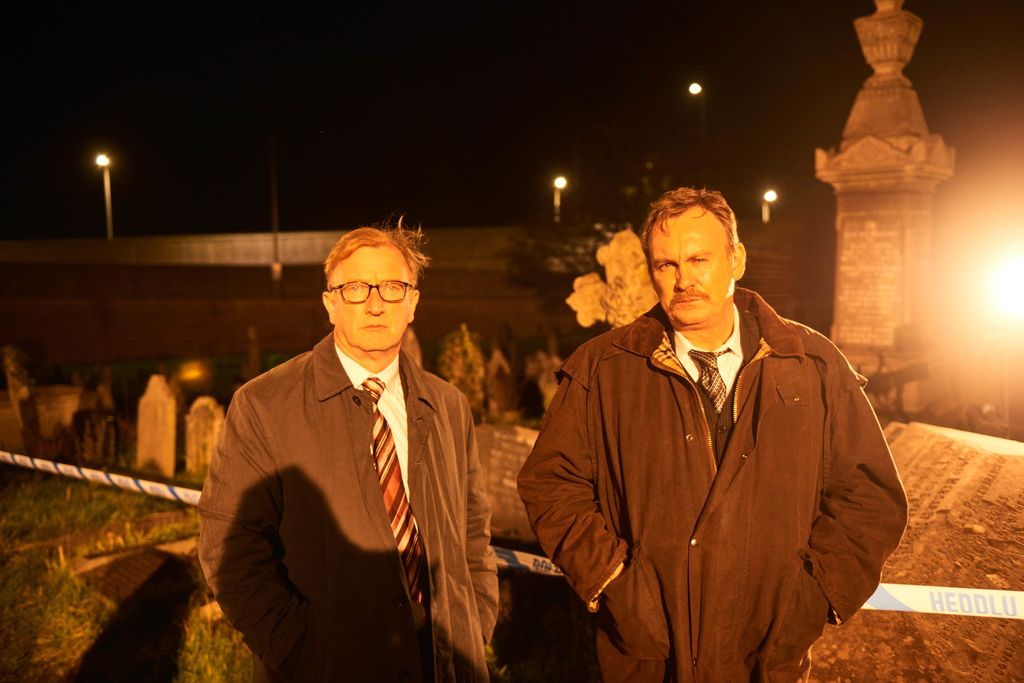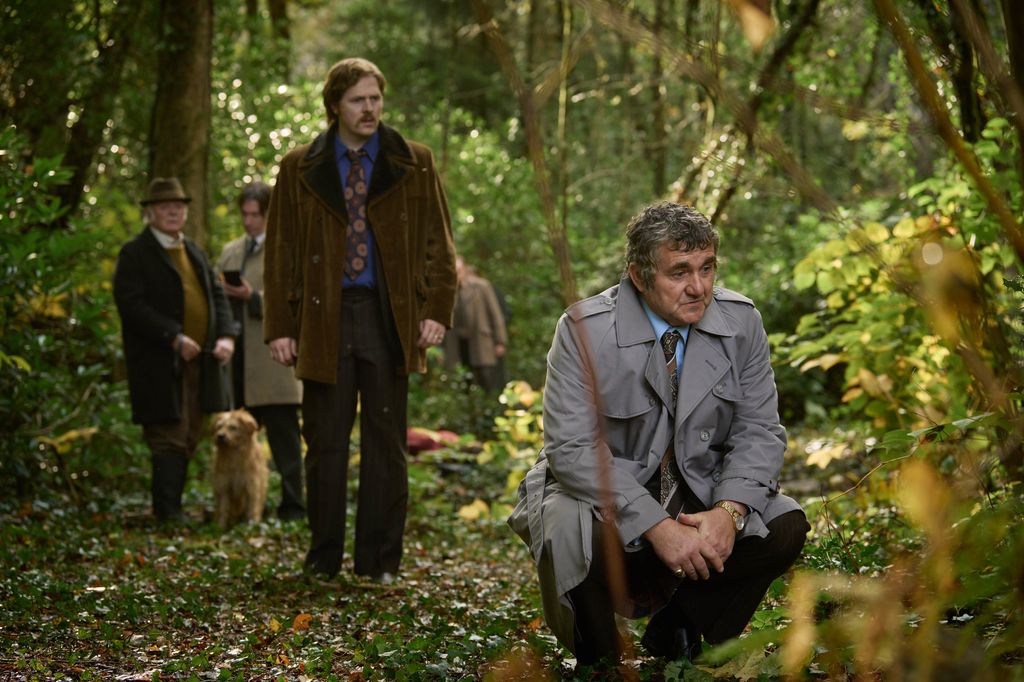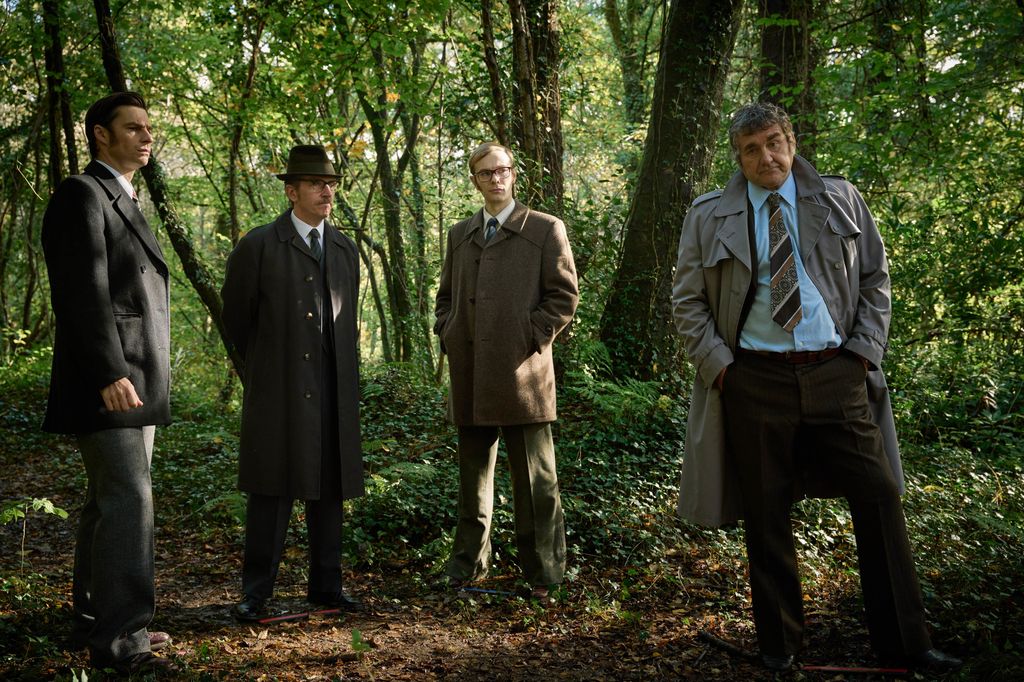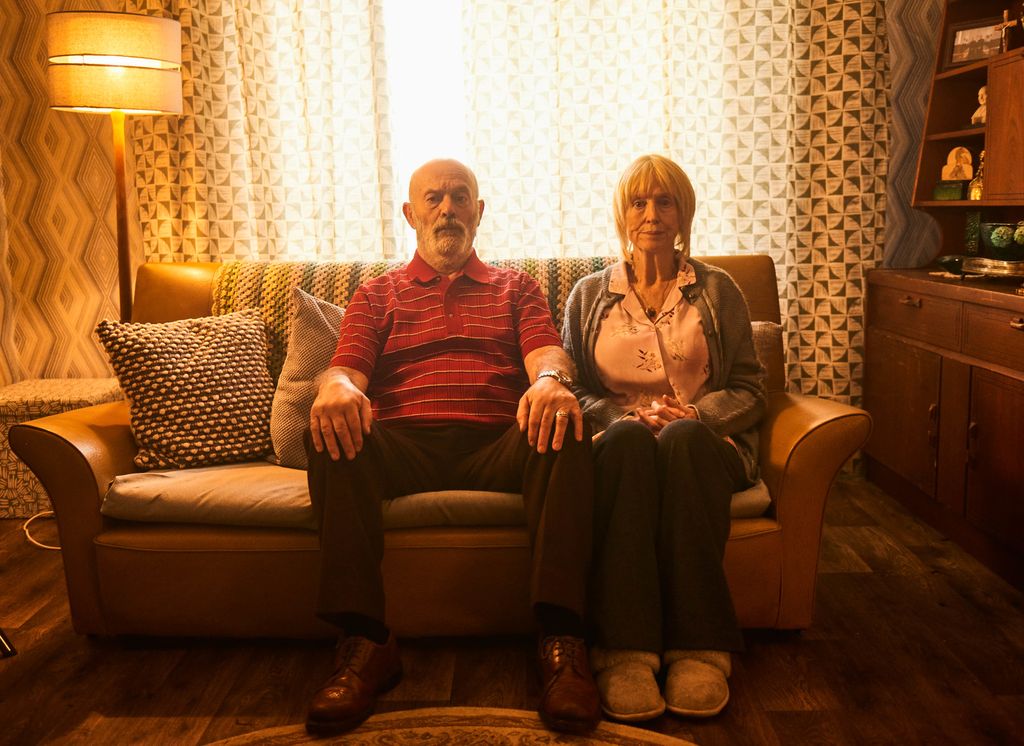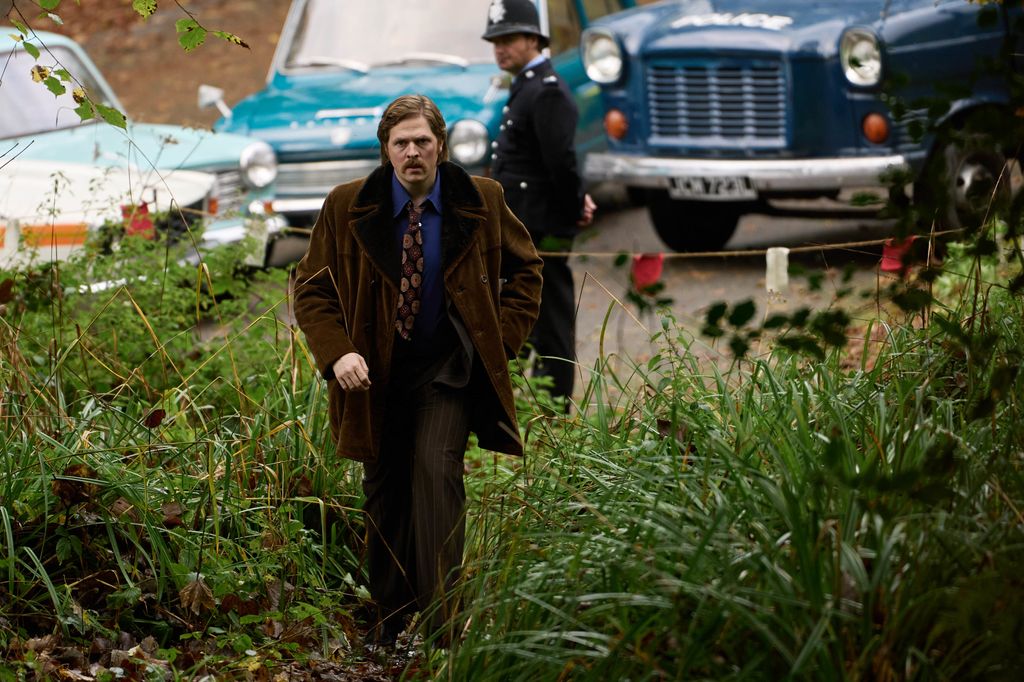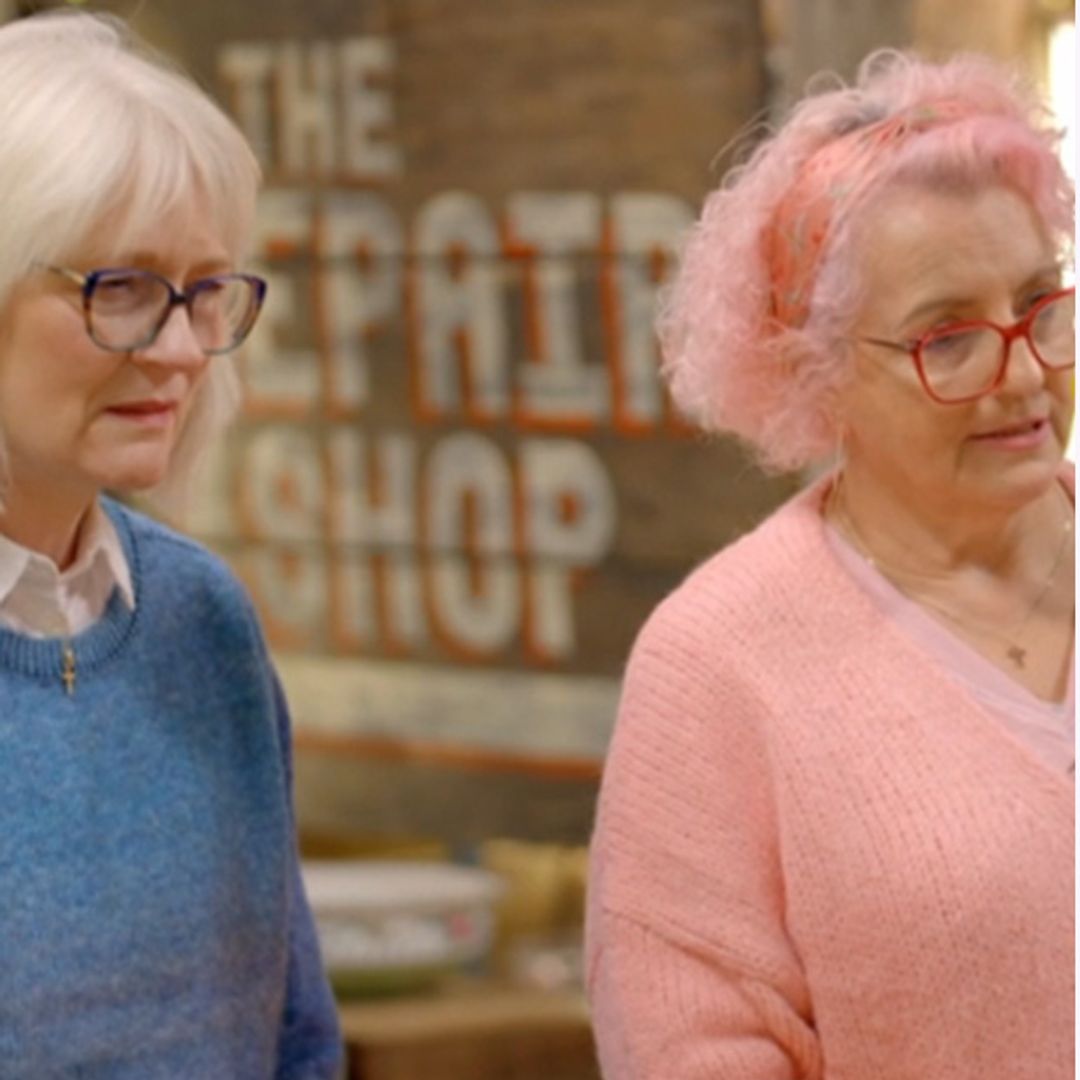Steeltown Murders is the new four-part series premiering on BBC One on Monday night. Starring Philip Glenister and Steffan Rhodri, the drama follows two detectives on the hunt to catch the killer of three young women in the Port Talbot area.
But did you know that Steeltown Murders isn't just a crime drama? The BBC show is based on a series of real-life murders in Wales that were solved 30 years later using new DNA techniques. Keep reading to find out more about the chilling true story behind the four-parter.
What is Steeltown Murders about?
Set in both 1973 and the early 2000s, the new drama centers on the decades-long hunt for the killer of three teenage girls in Wales.
The synopsis continues: "Contrasting the policing methods of the 1970s with the forensic breakthroughs of the early Noughties, Steeltown Murders is a portrait of a town dealing with the repercussions of an unsolved case three decades on, and asks if justice can ever truly be found."
The true story behind Steeltown Murders
In the summer of 1973, three 16-year-old girls were strangled and killed, leading to the country's biggest murder hunt.
The first incident took place in July, when Sandra Newton disappeared on her five-mile walk home at about one o'clock in the morning. Two days later, her body was found in a culvert. The teenager had been hit over the head and strangled with her own skirt.
MORE: Ten Pound Poms viewers spot major plot hole in Michelle Keegan drama - did you notice?
MORE: 11 excellent shows with 100 per cent on Rotten Tomatoes
Two months later in September, best friends Geraldine Hughes and Pauline Floyd were found dead in a woodland area in nearby Llandarcy after hitchhiking their way home from a night out in Swansea. The two girls had also been strangled and their bodies dumped seven miles from where Sandra was found.
The two incidents sparked a huge police investigation, with a team of 150 officers questioning 35,000 people who loosely fitted the description of a bushy-haired man in his early to mid-30s with a moustache. A key witness had seen Geraldine and Pauline get into a light-coloured Morris 1100 being driven by a man of this description.
The big DNA breakthrough
Detectives continued to investigate separate inquiries into the murders until 30 years later, when pioneering DNA evidence led to a breakthrough.
The case was reopened in the early 2000s and after conducting tests on the three victims' clothing, police discovered that the same man had killed all three women.
After an extensive investigation, detectives narrowed down the list of 35,000 possible killers to 500 prime suspects. The police whittled down the suspect list based on the physical description, whether he owned an 1100 car and if he had previous convictions for violence or sexual offences.
One name stood out from the rest: Paul Kappen. Local car thief Paul was on the database having committed offences in and around the Port Talbot area, but was only seven years old at the time of the murders.
This led the police to look at Paul's dad, Joseph, who owned a light-coloured Morris 1100. He had been questioned back in 1973 but had an alibi from his wife and claimed his car broke down on the night of the murders.
When investigators knocked on Joseph's door to conduct further DNA tests, they learned that he had died from lung cancer in 1990.
After taking DNA swabs from Joseph's ex-wife and daughter, all signs pointed towards him as the killer – but the police had to be certain.
The then-Home Secretary Lord Blunkett gave approval for Kappen's body to be exhumed and forensic examination proved Joseph Kappen was the killer of all three girls.
Don't want to miss a story? Sign up to our What to Watch newsletter and get the heads-up on the shows and films everyone’s talking about.



